作者:石油醚
本期热点研究,我们邀请到了本文第一作者来自普渡大学的助理教授Gabriel Lovinger 为我们分享。
2024年7月18日,Nature在线发表了来自美国哈佛大学教授 Eric N. Jacobsen教授团队题为「Catalysis of an SN2 pathway by geometric preorganization」的研究论文。受酶催化的启发,Eric N. Jacobsen教授利用精确设计的手性小分子(646 Da)氢键供体(HBD)催化剂,通过重现酶采用的几何预组织原理加速了对映选择性Michaelis-Arbuzov反应的SN2脱烷基化步骤,从而高对映选择性地构建了一系列可进行多种衍生化的H-亚膦酸酯。
“Catalysis of an SN2 pathway by geometric preorganization
Gabriel J. Lovinger, Marcus H. Sak, Eric N. Jacobsen
Nature, 2024, 632, 1052–1059, DOI: 10.1038/s41586-024-07811-4”
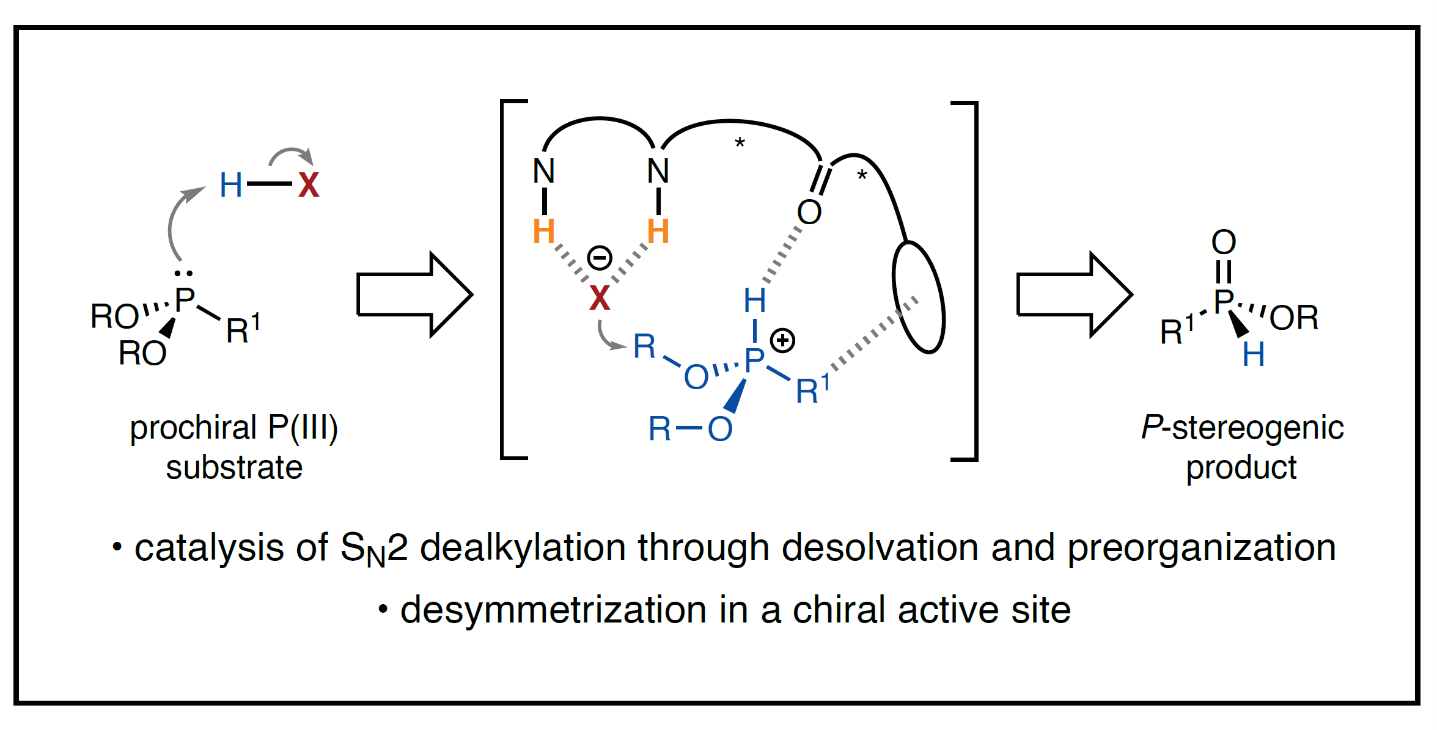
Q1. 请对“Catalysis of an SN2 pathway by geometric preorganization”作一个简单介绍。
双分子亲核取代 (SN2) 是生物过程调节人类健康和实现合成转化(现代医药和材料)的基本机制步骤。尽管如此,催化控制 SN2 途径的策略仍然相对较少。特别是,离子型 SN2是一系列重要的反应的基础,如亲核氟化、甲基转移酶甲基化和磷鎓脱烷基化,后者实现了 Michaelis-Arbuzov 和许多其他人名反应。由于催化剂和反应离子之间的任何静电相互作用必然会稳定电荷使得降低极性反应性,进而导致离子型SN2的催化控制极具挑战。因此,传统的“强相互作用-强催化”范式效果不佳,导致抑制而不是催化。这项工作的关键智慧见解或许是认识到离子型 SN2 的能量成本在概念上可以分解为两个部分,即1)与几何重组相关的离子对重组;2)与键形成和键断裂相关的离子对的崩塌。我们通过认识到分子重组对离子 SN2 构成了巨大的能量成本,可以通过轻轻触碰将离子预组织为过渡态构型来催化“不可催化”反应。酶催化中常用此策略,但在当今的合成化学和催化中并不普遍使用,甚至没有得到很好的理解,因此本研究为新催化剂设计提供了可能的蓝图。
Bimolecular nucleophilic substitution (SN2) is a fundamental mechanistic step underpinning biological processes regulating human health and enabling synthetic transformations that produce the pharmaceuticals and materials of modern society. Despite this, there remain relatively few strategies to catalytically control SN2 pathways. In particular, ionic SN2 underpins entire classes of important reactions such as nucleophilic fluorination, methylation by methyltransferase enzymes, and phosphonium dealkylation which enables the Michaelis-Arbuzov and many other named reactions. Catalyzing ionic SN2 is fundamentally challenging because any electrostatic interaction between a catalyst and reacting ion(s) necessarily stabilizes charge and thus reduces polar reactivity. Thus, the traditional “strong interactions-strong catalysis” paradigm doesn’t work well and leads to inhibition rather than catalysis. The key intellectual insight of this work is perhaps recognizing that the energy cost for ionic SN2 can be conceptually decomposed into two components, ion pair reorganization associated with geometric reorganization, and ion pair collapse associated with bond making and bond breaking. By recognizing that molecular reorganization constitutes a large energy cost for ionic SN2 it is possible to catalyze “uncatalyzable” reactions by using a light touch to pre-organize ions into transition-state-like configurations. This strategy is used by enzymes but is not generally employed or even well understood in synthetic chemistry and catalysis today so the present work provides a possible blueprint for new catalyst designes.
Q2. 有关本次研究的时候遇到过怎样的困难呢?又是怎样克服的呢
从实际角度来看,缺乏市售的膦结构单元是一个真正的障碍;我们不得不投入大量精力来开发可靠地制备和纯化膦 (III) 起始原料的方案,以便我们能够测试假设。与可用于开发 C-C 键形成反应(如交叉偶联)的基础研究相比,目前可开发用于获取 P-手性化合物的催化方法尚未完善。 从根本上讲,从开发一格的模型出发,来解释我们如何通过精确定位两种抑制剂来构建催化剂是一项巨大挑战。我们在实践中发现,这让一些人觉得违反直觉。我认为,结构重组可能是反应总能量成本的主要组成部分,而这一事实相对于键断裂或形成事件而言通常被严重低估。值得高兴的是,我们有一个小型清洁合成系统,可以重现酶催化所依赖的催化原理。我感兴趣的是,看看人们是否会受到启发,进一步将这个想法作为催化机制来发展,以及它是否会为新的催化剂设计和针对目前难以选择性催化的反应的努力提供一些极具价值的信息。
From a practical perspective, the sheer lack of commercially available phosphorus building blocks presented a real hurdle; we had to invest a lot of effort to develop protocols to reliably prepare and purify phosphorus (III) starting materials so we could test out hypothesis. Compared to the infrastructure available to develop C-C bond forming reactions such as cross-couplings, developing catalytic methods to access P-chiral compounds is not well established.
From a fundamental perspective, it was challenging to develop a model to explain how we can, in essence, construct a catalyst from two inhibitors by precisely positioning them. We found in practice that it struck some people as counterintuitive. I think the fact that structural reorganization can be a major component of the overall energetic cost for reactions is underappreciated in general relative to bond breaking or making events. I’m excited by the idea that we have a small clean synthetic system that recapitulates a catalytic principle that underpins enzyme catalysis. I will be interested to see if people are inspired to pursue this idea further as a mechanism of catalysis and if it informs new catalyst designs and efforts to target reactions that are currently challenging to selectively catalyze.
Q3. 本次研究主体,有没有什么让您感觉特别辛苦和烧脑呢?
本研究的构思和实现非常令人兴奋,其将有机合成、物理有机和机理方面的的许多有趣的元素汇集在一起。从合成的角度来看,深入研究手性磷的文献,了解如何通过选择性催化古老的 Michaelis-Arbuzov 反应进行创新是令人兴奋的。磷鎓脱烷基化是许多反应中必不可少的步骤之一,但 125 多年来一直没有催化对映选择性的解决方案,这一事实令我感到惊讶。从物理有机的角度来看,我对分子结构和能量之间的关系很着迷,本课题真正深入研究了催化剂与底物之间的相互作用来如何影响反应速率。从机理的角度来看,这个项目提供了开发清洁合成系统的机会,从中可以通过底物预组织获得有关酶催化反应模式的机理见解。
This project was very exciting to conceive of and realize as it brings together a lot of interesting elements from synthetic, physical organic, and mechanistic perspectives. From a synthetic perspective it was exciting to delve into the chiral-at-phosphorus literature to learn how we could innovate in that space by selectively catalyzing the venerable Michaelis-Arbuzov reaction. The fact that phosphonium dealkylation is an essential step in many reactions yet has remained without a catalytic enantioselective solution for more than 125 years, was surprising to me. From a physical organic perspective, I’m fascinated by the relationship between molecular structure and energy and this project really delved into how the interplay of catalyst and substrate structure effects the rate of reactions. From a mechanistic perspective this project presented the opportunity to develop a clean synthetic system from which mechanistic insight could be gleaned about modes of enzyme catalysis via substrate pre-organization.
Q4. 将来想继续研究化学的哪个方向呢?
作为普渡大学的新任助理教授,我的团队专注于将合成物理有机化学 (SPOC) 的方法用于基础反应发现、选择性催化剂设计和机理研究等多方面。该方法是从机理假设开始,以“我们可以关注最有价值的反应或概念是什么”等问题为指导,通过有机合成化学进行发展,并并试图通过机理分析和物理有机研究创造普遍的见解。我们的指导理念之一是设计催化剂,以转移反应中间体的内在机制,从而连接原本不相关的起始材料和产品。
As a new assistant professor at Purdue my group is focused on applying a synthetic physical organic chemistry (SPOC) approach to fundamental reaction discovery, selective catalyst design, and mechanistic studies. This approach starts with a mechanistic hypothesis, is guided by questions such as “what is the most valuable reaction or concept we could focus on”, develops through synthetic organic synthesis, and seeks to create general insights through mechanistic analysis and physical organic studies. One of our guiding philosophies is to design catalysts that divert the intrinsic mechanisms of reactive intermediates to connect otherwise unconnected starting materials and products.
Q5. 最后,有什么想对各位读者说的吗?
想象一下那些不应该发生的事,了解其中缘由,然后去实验室验证。大自然是现实的诚实评判者,颠覆直觉是一件非常有趣的事。
Imagine things that shouldn’t work, understand why, then go to the lab. Nature is an honest judge of reality and overturned intuition is interesting.
作者教育背景简介

工作及工作背景:
2008—2013 University of Oregon/Robert D. Clark Honors College, B.A. in Chemistry Advisor: Professor Shih-Yuan Liu
2010—2011 Universidad de País Vasco, San Sebastián, Spain, Student Researcher
Advisor: Professor Shih-Yuan Liu
2013—2014 Boston College, Research Associate
Advisor: Professor Shih-Yuan Liu
2014—2019 Boston College, Ph.D. in Organic Chemistry
Advisor: Professor James P. Morken
2020—2024 Harvard, NIH (F32) Postdoctoral Researcher
Advisor: Professor Eric N. Jacobsen
2024—Present Purdue University, Asst. Professor
所获得荣誉及奖励:
MIT Future Faculty Symposium, 2022
Reaxys PhD Prize Finalist, 2020
Ereztech Young Organometallic Scientists Award, 2019
Ruth L. Kirschstein National Research Service Award (NIH F32), 2019
Alfred R. Bader Award for Student Innovation in Synthetic Organic Chemistry; Finalist, presented in Darmstadt, Germany; 2018
LaMattina Family Graduate Fellowship in Chemical Synthesis, Boston College, 2017-2018
The Donald J. White Teaching Excellence Award, Boston College, 2016
本文版权属于 Chem-Station化学空间, 欢迎点击按钮分享,未经许可,谢绝转载.


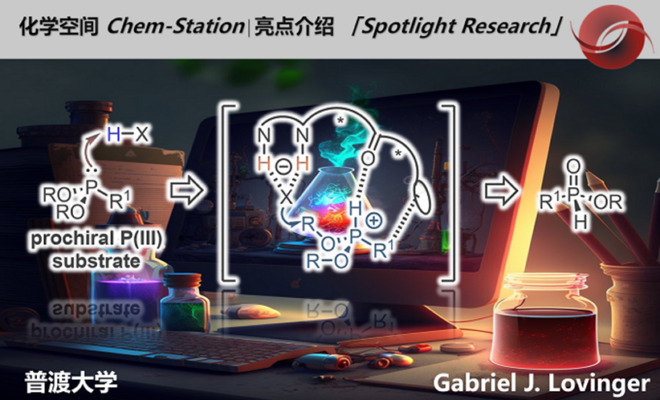
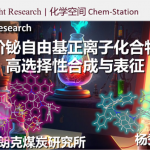
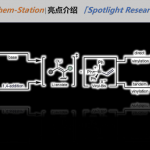
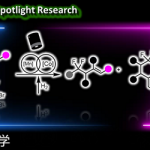

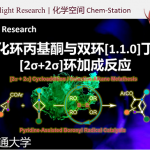
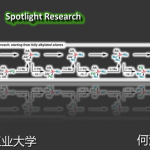
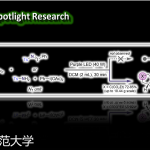




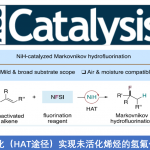
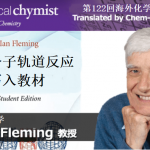

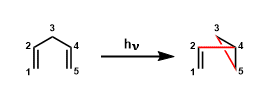
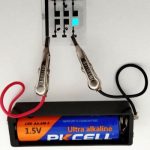
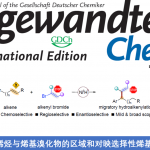
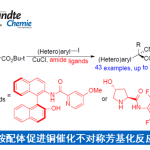




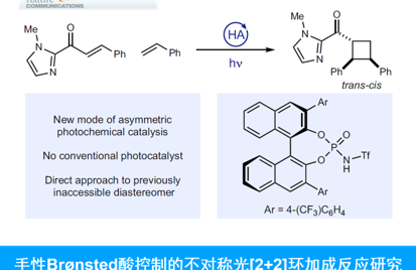

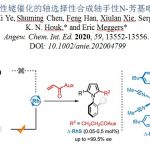
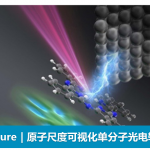

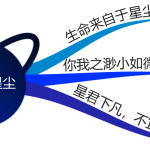

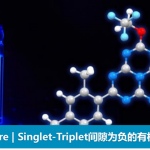

No comments yet.